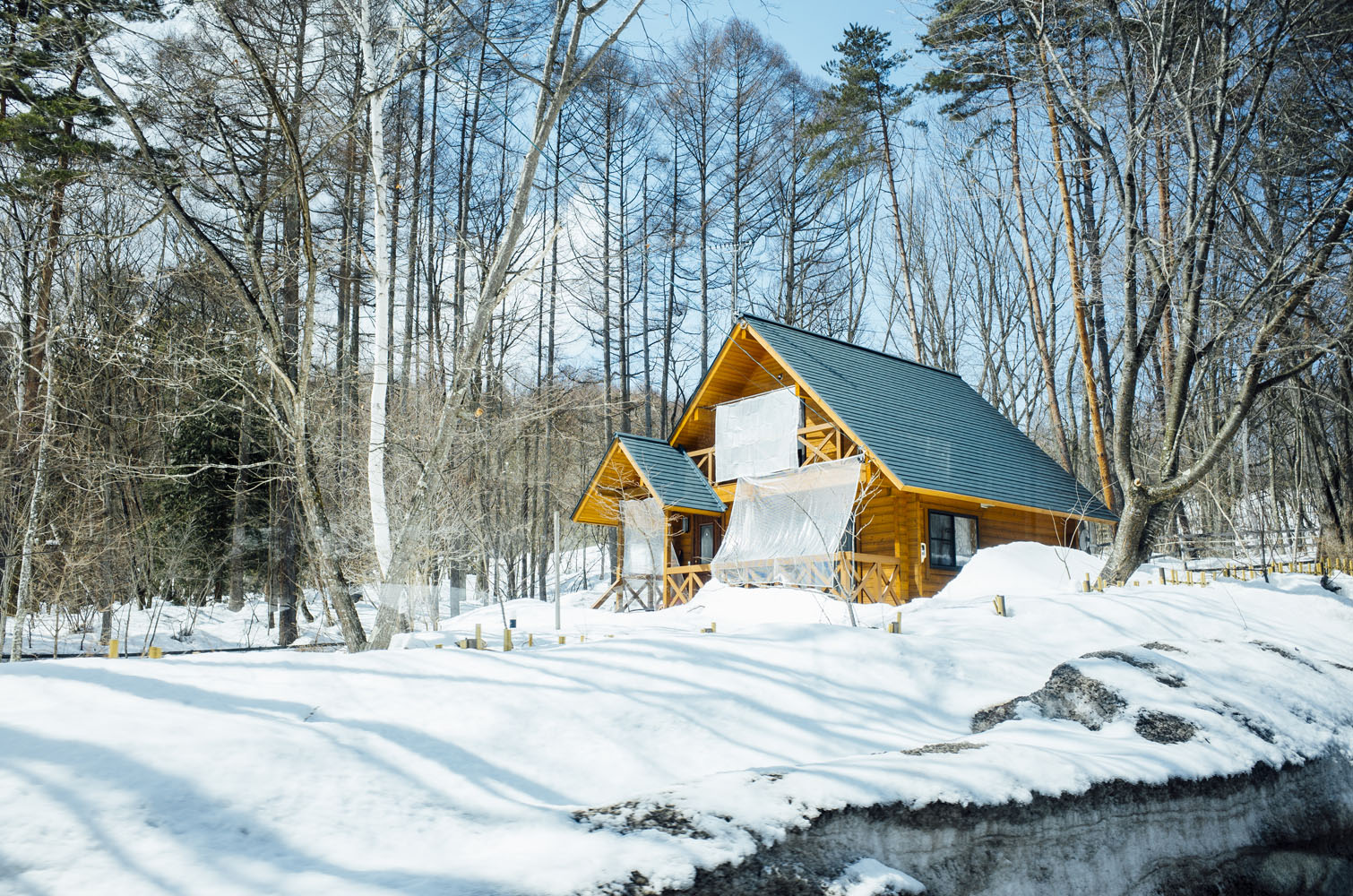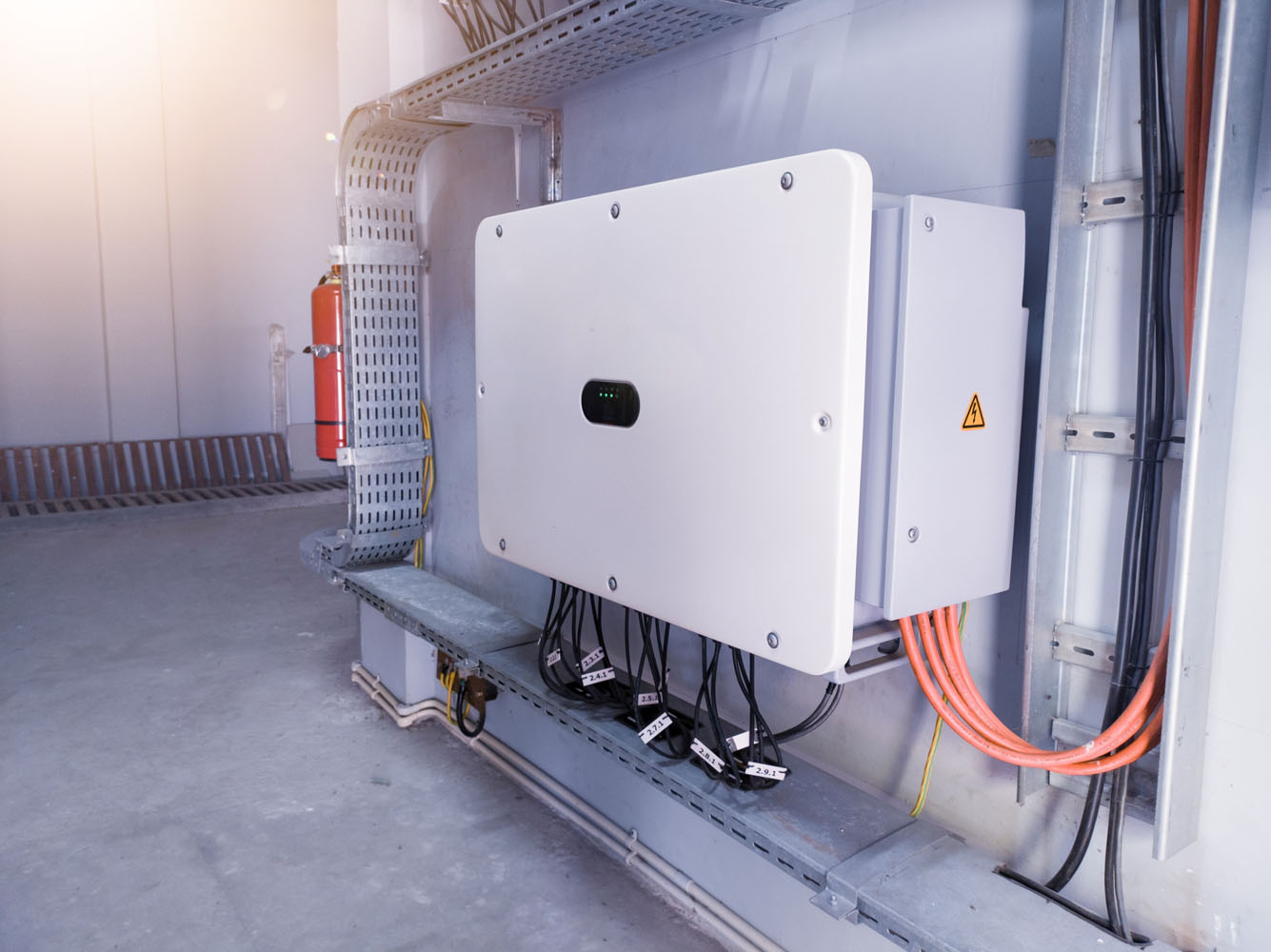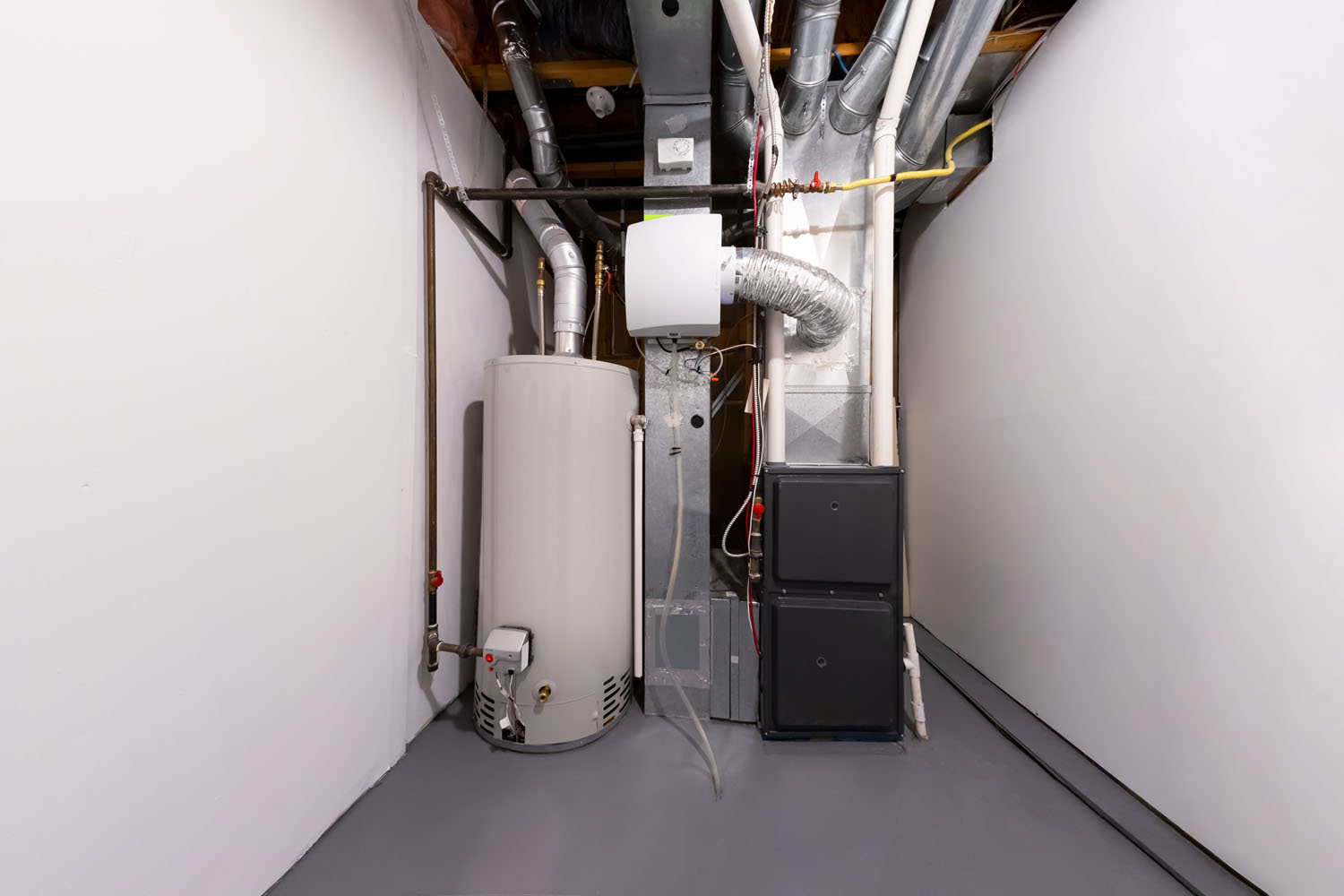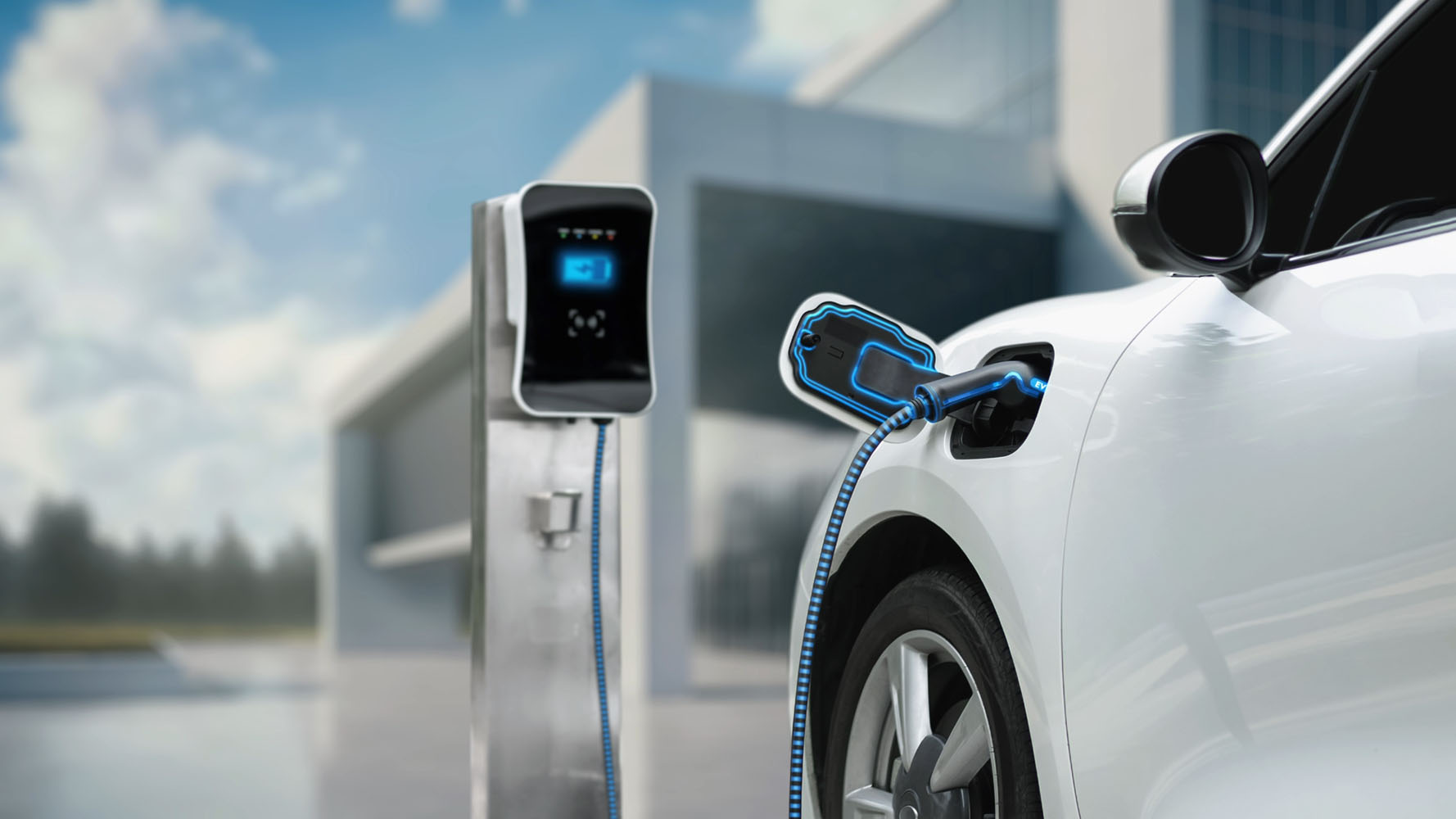One of the key benefits of solar energy is that solar panels are relatively low-maintenance. However, like any system, they do require some attention to ensure they continue working at their best. Here’s a guide on how to properly maintain your solar panels and keep them operating efficiently for years to come.
1. Regular Cleaning for Maximum Efficiency
Solar panels work best when they are clean and free of dirt, dust, leaves, and bird droppings. Although rain can wash off some debris, it’s not always enough to keep your panels in optimal condition, especially if you live in an area prone to dust or pollen.
- How often should you clean your panels?: Depending on your environment, you should aim to clean your solar panels 1-2 times per year. If you live in a particularly dusty or pollen-heavy area, you may need to clean them more frequently.
- DIY cleaning tips: You can clean your panels yourself using a garden hose and soft brush. Avoid using harsh chemicals or abrasive materials, as these can damage the surface of the panels.
- Professional cleaning: If you’re not comfortable cleaning your panels or have a complex rooftop installation, many solar companies offer maintenance packages that include professional cleaning.
2. Monitor Performance Regularly
Most solar systems come with monitoring software that allows you to track the performance of your panels in real-time. It’s essential to keep an eye on your system’s output to ensure that it’s producing as expected.
- Watch for dips in performance: If you notice a significant drop in energy production, it could be due to dirt accumulation, shading, or even a malfunction in the system. In such cases, consult your installer for an inspection.
- Monitor inverter readings: The inverter is a critical component of your solar system, converting the electricity from DC to AC. Regularly check the inverter display for any error messages or performance issues. If something seems off, reach out to your installer for assistance.
3. Inspect for Physical Damage
While solar panels are durable and built to withstand harsh weather conditions, they aren’t completely immune to damage. Severe storms, hail, or falling debris can sometimes cause cracks or damage to your panels.
- Check for cracks or chips: After a storm or extreme weather, visually inspect your panels for any signs of damage. Even small cracks can reduce the efficiency of your system.
- Inspect wiring and connections: Ensure that all wiring and electrical connections are intact and free from damage. Look for exposed wires, loose connections, or signs of corrosion.
4. Trim Nearby Trees or Bushes
Trees and bushes that grow too close to your solar panels can cast shadows, reducing their efficiency. Regularly trim back any branches or foliage that might block sunlight from reaching your panels.
- Tip: Shading can drastically impact the performance of your solar panels, especially if you don’t have microinverters. Keep your panels as exposed to the sun as possible to maximize energy production.
5. Schedule Annual Professional Inspections
While cleaning and visual inspections can be done by homeowners, it’s still important to have a professional perform a thorough inspection of your system at least once a year. A trained technician can identify potential issues that may not be visible to the untrained eye.
- Key areas of inspection: Your professional will check the condition of the panels, inverters, wiring, and mounting system. They’ll also test the system’s overall performance to ensure everything is functioning as expected.
6. Maintain the Inverter
The inverter is the most critical component in your solar energy system, and it may need more attention than the panels themselves. Inverters typically last 10-15 years, while solar panels can last up to 25 years. Regular maintenance checks ensure that your inverter is working correctly.
- Tip: Keep the area around the inverter clean and free from dust, dirt, and debris. If your inverter is installed outside, ensure it’s protected from the elements, either with a cover or by being placed in a shaded area.
Conclusion
Maintaining your solar panels is relatively simple but crucial for ensuring that your system continues to perform optimally. Regular cleaning, monitoring, and inspections will help extend the life of your system and ensure that you get the most out of your investment. With proper care, solar panels can continue to generate clean, renewable energy for your home for decades to come.







